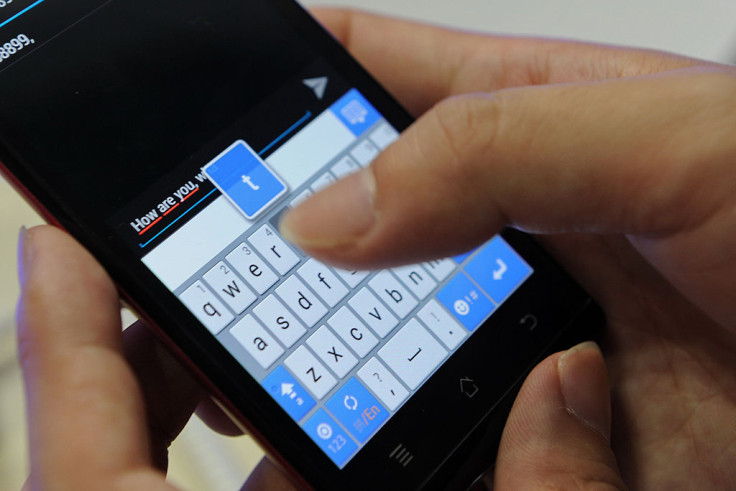Death of SMS text messages: What does Google backing of Rich Communications Services mean for users?

News this week that Google is working with mobile operators to finally get Rich Communications Services (RCS) into the mainstream indicates the end of a long and arduous task for the platform, which has been fraught with false starts from the get-go.
The intentions of RCS were straightforward: to provide operators with a modern, feature-rich messaging service that would tempt customers back from the likes of WhatsApp, Facebook and other so-called over-the-top (OTT) providers that have been blamed for declining revenues from traditional SMS services. The platform has been around for years but has failed to gain traction, largely because mobile operators have been trying to do their own thing with it by launching services exclusive to their own network, limiting reach and therefore success as a result.
The first real glimmer of hope for the RCS came on 30 September 2015, when Google announced it was getting aboard the RCS wagon after acquiring IP-messaging company Jibe Mobile. The prospect of Google implementing RCS into the Android OS meant that operators would get instant access to the entire Android user base, which represents around 80% of the global smartphone market. Now that Google has fully committed to the cause, mobile operators finally have the opportunity bring to market what is largely seen as the spiritual successor to SMS.
Saying that, it would be presumptuous to say that this marks the death of the humble text message. While person to person (P2P) messaging is very clearly in decline, SMS is seeing a resurrection in other areas, namely the application to person (A2P) market. A2P messaging is increasingly being used by companies to send text alerts to customers via their mobile apps – think banks and airlines – and has been largely unaffected by the rise of OTT. In fact, the A2P market is growing considerably and is forecast to be a multi-billion-dollar industry by the end of the decade.
Of course, Google will need to broaden RCS to non-Android devices if the company wants to make it a truly global force, and in that regard it has its work cut out for it: trying ro convince Apple and Microsoft to come on board will be no easy feat, nor will trying to convince WhatsApp's one billion users to stop using the service. Still, if Google is successful it will essentially have underpinned the entire client-based messaging market, as well as giving mobile operators a way of catching up to a market they gave birth to, but one that has long since left them behind.
© Copyright IBTimes 2024. All rights reserved.






